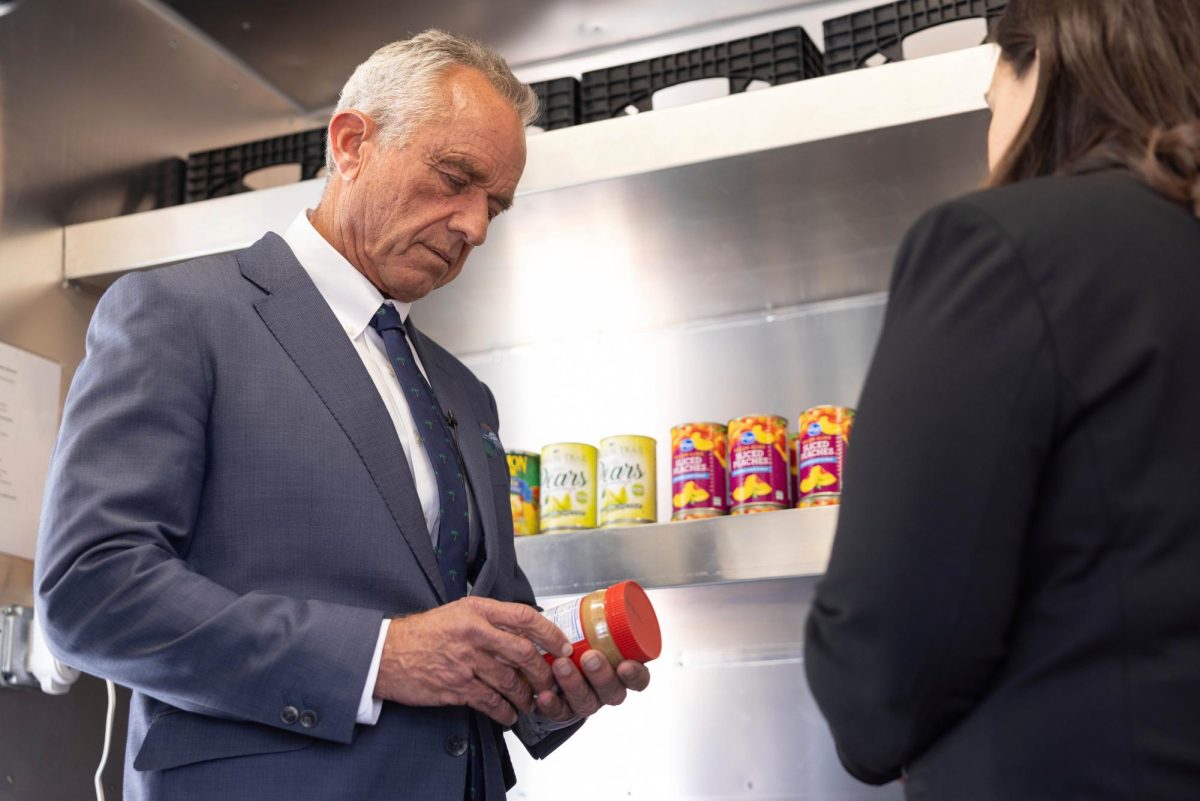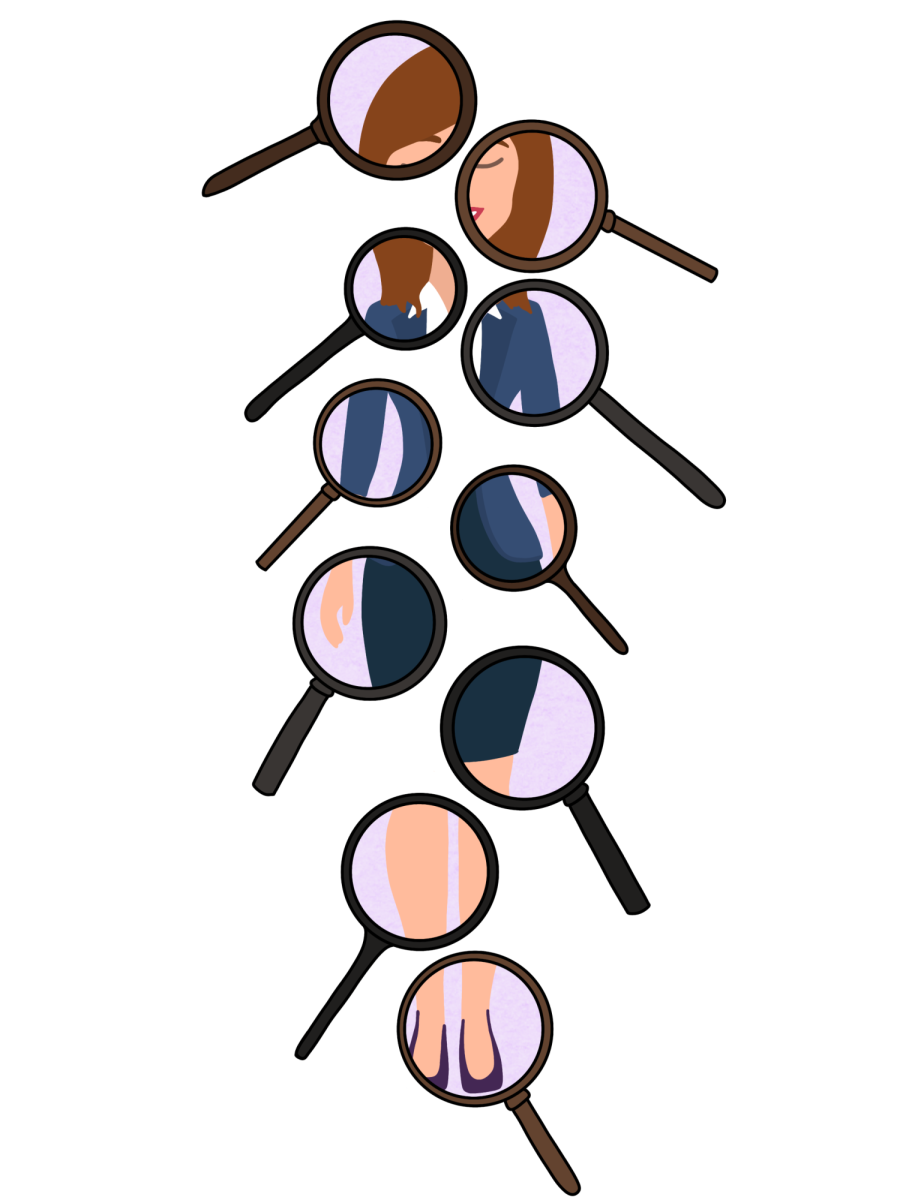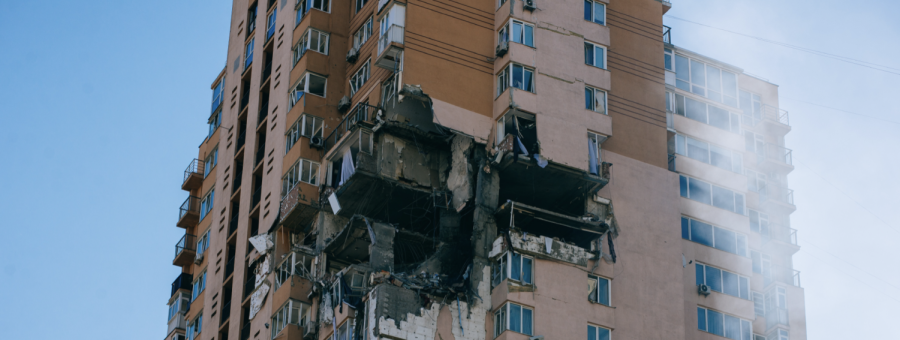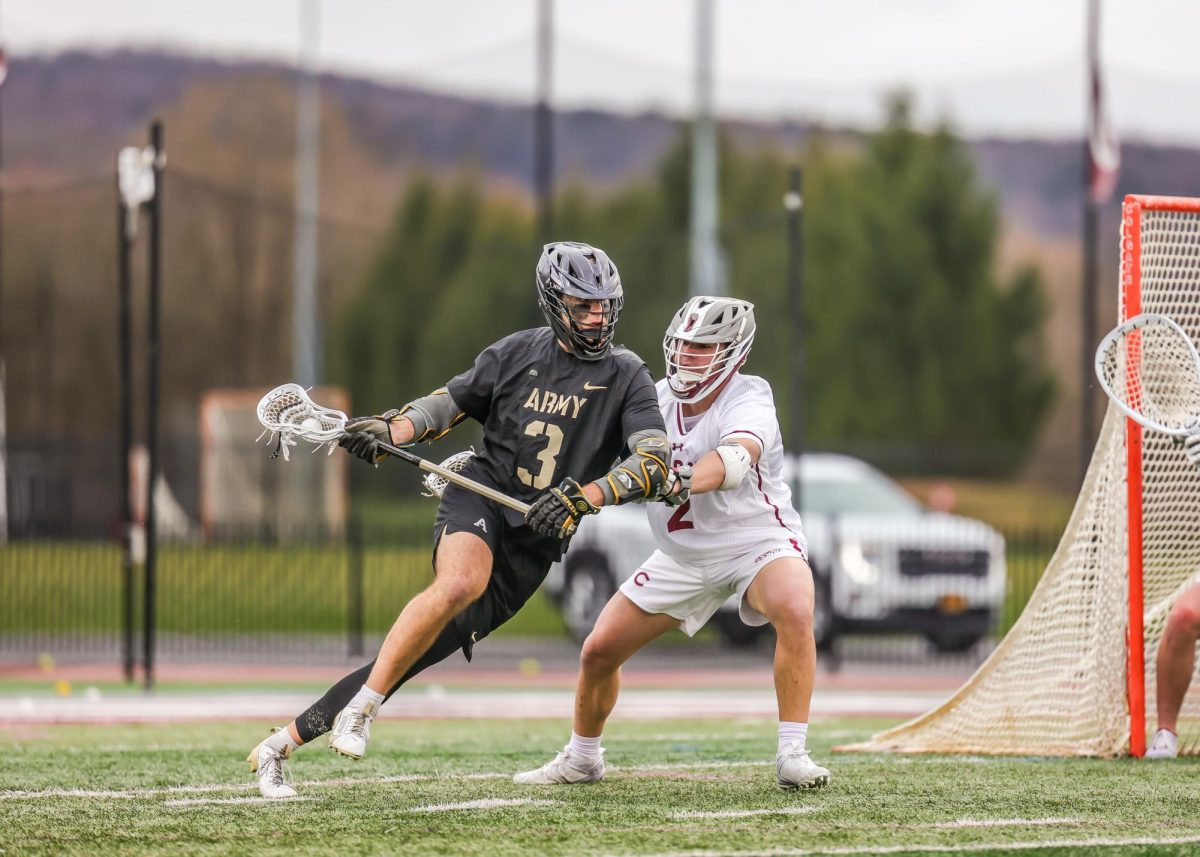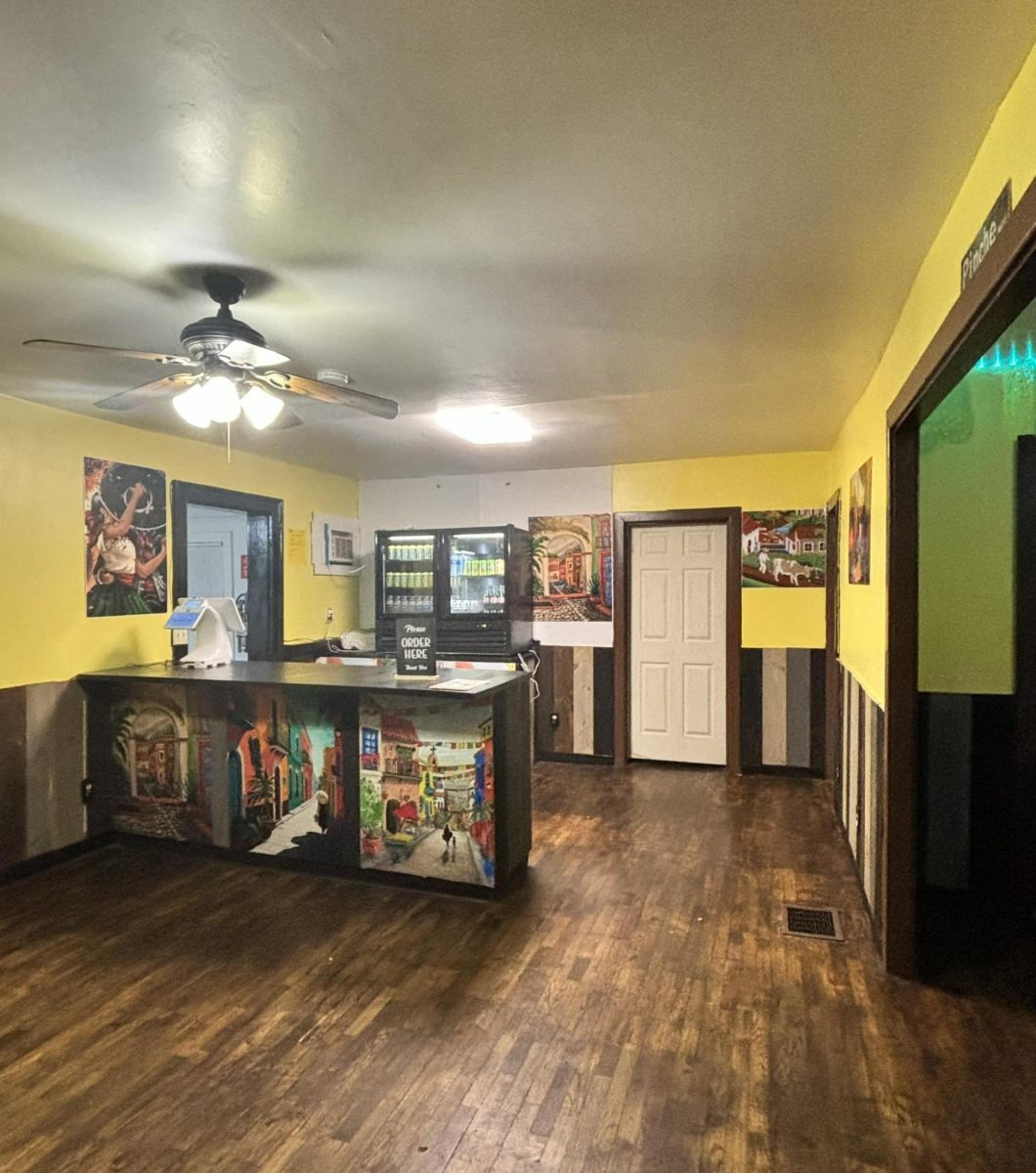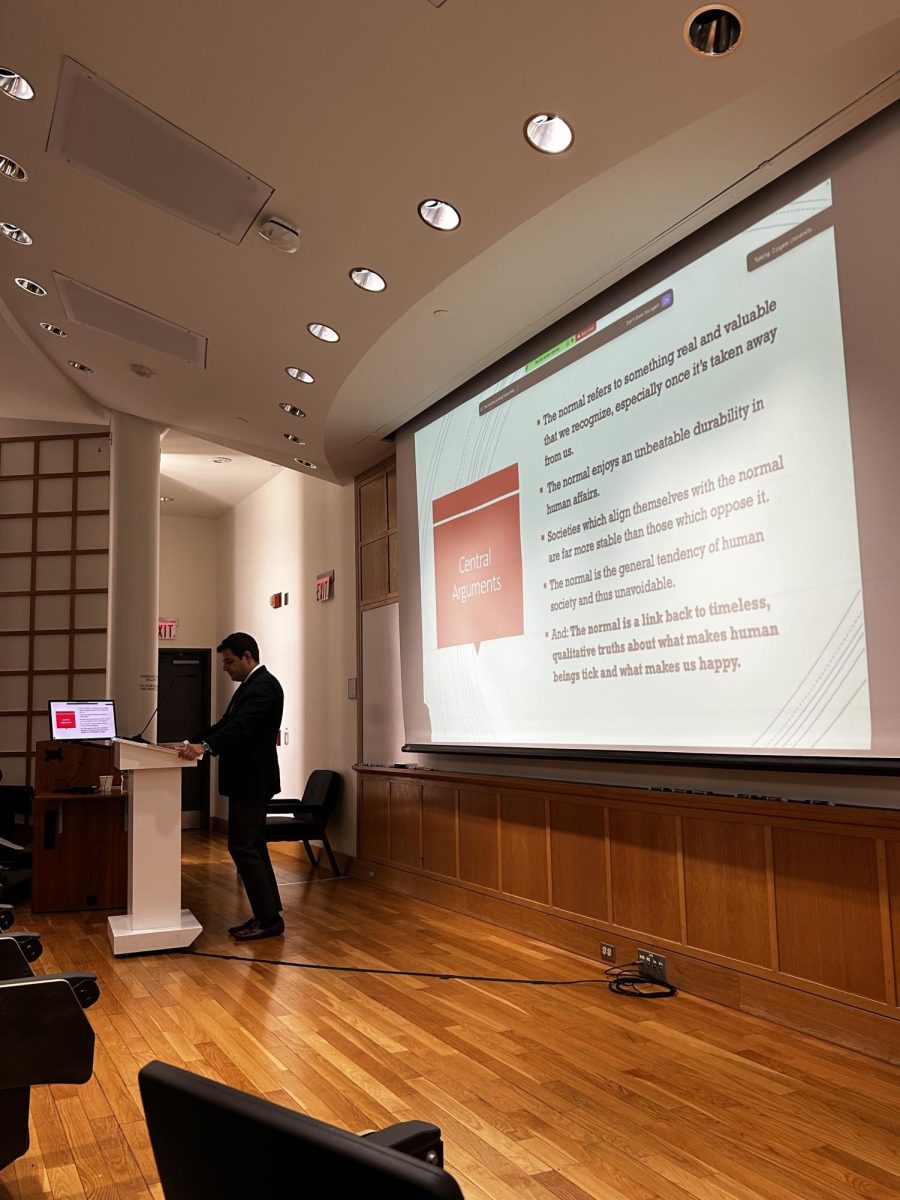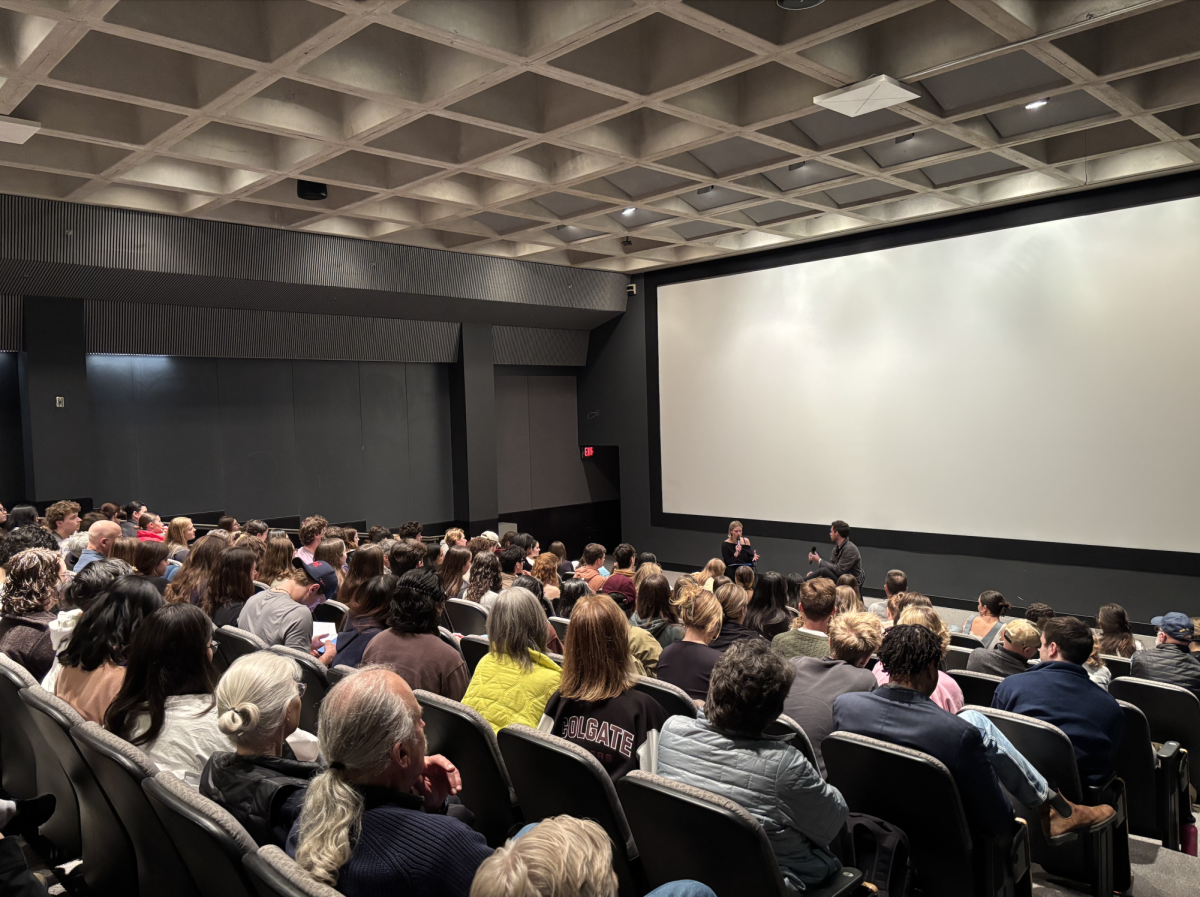Dear Colgate Community,
It, unfortunately, feels easy to begin this letter with examples of anti-LGBTQ+ rhetoric, both in our Colgate University community and nationwide. I could easily list both personal experiences and the experiences of my LGBTQ+ friends or peers who have been forced to contend with these homophobic incidents. As I have been reflecting on this fact the past few months, I have wondered why it feels as though this sentiment has become so prevalent as of late. Is it the looming shadow of election season? The influence of national politics? Social media perpetuating hateful ideologies? What is causing this homophobia?
In mid-October, for one reason or another, the Coming Out Door in the O’Connor Campus Center (Coop) was damaged, a hole broken through it. These questions, which had been on the back-burner of my mind for so long, suddenly sprung back to life at full force. My rationalization of these questions had worn off, and now I was forced to confront the emotions intertwined with them — fear, pain and hurt, to name a few. These are the emotions that propelled me to write this letter. I wanted to share these feelings with the Colgate community and, in doing so, shed light on the ways in which our behavior and thinking as a community must change.
The only issue was that I didn’t know where to begin, or what argument I should make. Would I argue for visibility? For education? Or should I take the time to highlight something positive, like examples of queer joy in our campus community? I stewed for a long time on what I wanted to include in this letter, what seemed important to me, and what I thought was a story worth telling. Fittingly, as October is LGBTQ+ History Month, I went back into Colgate’s digital newspaper archives to see how early LGBTQ+ campus activists wrote their letters to the editor, hoping that they could act as some kind of guidance. There, I found my emotions echoed back at me as they documented their grief, their hurt and their isolation.
“It’s all too easy to write melodramatically about the loneliness, frustration and sense of not belonging for gays at Colgate,” mused Greg Kolovakos in the April 29, 1975 issue of The Colgate Maroon. Another anonymous student similarly wished in a letter published in the October 20, 1981 edition that “the closet door will close, locking away forever the ignorance and fear of homosexuality which exists on our campus today.”
In their writing, I felt seen and heard. And then, I was disappointed. The oldest of these letters was published just shy of fifty years ago, and despite the strides made for LGBTQ+ visibility on campus as seen through projects like the Queer Activism at Colgate Digital History Project, it still feels as though we are stuck, socially, in the same spot at where we began: where there was incessant and violent fear and silence surrounding LGBTQ+ individuals.
At this point, I almost scraped my letter entirely. My optimism was waning — I worried my words would fall onto deaf ears. For so long, it seems as though we have been arguing for the same things, and for so long, it seemed like nothing had come to fruition.
But recently, on Friday, Oct. 11, the Office of LGBTQ+ Initiatives hosted their annual tabling event celebrating National Coming Out Day in the Coop. There, students of all identities came together to add, either by direct contribution or verbal support, a rainbow mosaic overtop the damaged section of the Coming Out Door. Armed with hot glue and buttons, tiles and glass beads, we took turns stacking the pieces together to make a collective artwork. The joy in doing so was palpable, people were laughing and smiling, cheering on our work and encouraging others. As I took the time to hot glue a heart-shaped button to the door, talking with friends and strangers alike, I took a moment to reflect on a phrase someone had said to me earlier: queer resilience.
That day, I went back to the letters from former student activists with a new perspective. There, unspoken between each word, were their personal acts of resilience. By writing to The Colgate Maroon, they were displaying their bravery in full force. They were showing that, in spite of their fears and anxieties, their isolation and hurt, they were here. They were visible. They wanted all of their thoughts and feelings, regardless of what they were to be seen, heard and remembered. They had been hurt, afraid and alone, but still they took the time to write something to channel these emotions into something visible, something which could have changed someone else’s life in knowing there were other LGBTQ+ students on campus. That is queer resilience.
I wanted to continue their legacy by writing this. I want to emphasize the importance of queer resilience right now as we consider hate in our communities, and highlight the legacies of collective resilience that LGBTQ+ individuals have always had at Colgate. We must continue to support each other and ourselves by any means possible — whether that is by taking the time to care for yourself, your friends, relatives or neighbors, or being out, visible and proud on campus. I implore people of all identities to take part in supporting the LGBTQ+ community here: go to events and programming to show your love, cover these in the Maroon-News, share anti-hate on social media and be loud with your support.
I write this letter chock-full of my own thoughts, ramblings and mini-historical lessons to you, the Colgate community, whoever you are, whatever your background. I do it with the intention of highlighting our continued LGBTQ+ visibility on campus. I do it to celebrate the continued work of student activists and leaders, past and present, who continually fight to make inclusive and welcoming spaces for LGBTQ+ students on campus. I do it for every LGBTQ+ student, closeted, questioning or out, to know you are seen, heard and loved.
Take pride in your resilience.
Sincerely,
Oscar Brown ’26


